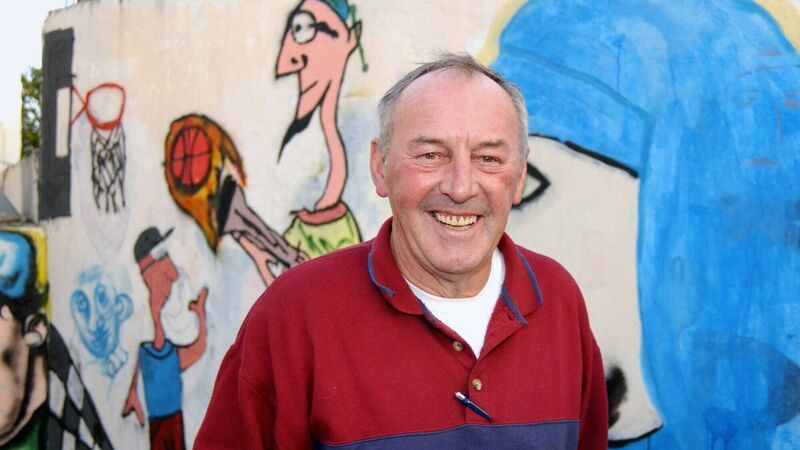Mick Clifford: Brazil remembers Clare priest who was a national figure for the dispossessed

Father Jim Crowe is credited with mobilising a community of 300,000, bringing them onto the streets to protest the violence in what was termed a “march for life” during Brazil's "cruel and oppressive military dictatorship". Picture: Jean-Pierre Pingoud/Bloomberg via Getty Images
The two Brazilians were on a mad dash across the Irish Midlands. They landed in Dublin and got a train south as far as Portlaoise. From there, a bus brought them to Ennis and then it was necessary to hire a taxi if they were to make it to the church on time.
Unfortunately, they didn’t, but they did make holy communion. Their dash was to attend the funeral mass of Fr Jim Crowe in the rural west Clare parish of Clonlara on February 23 last.













